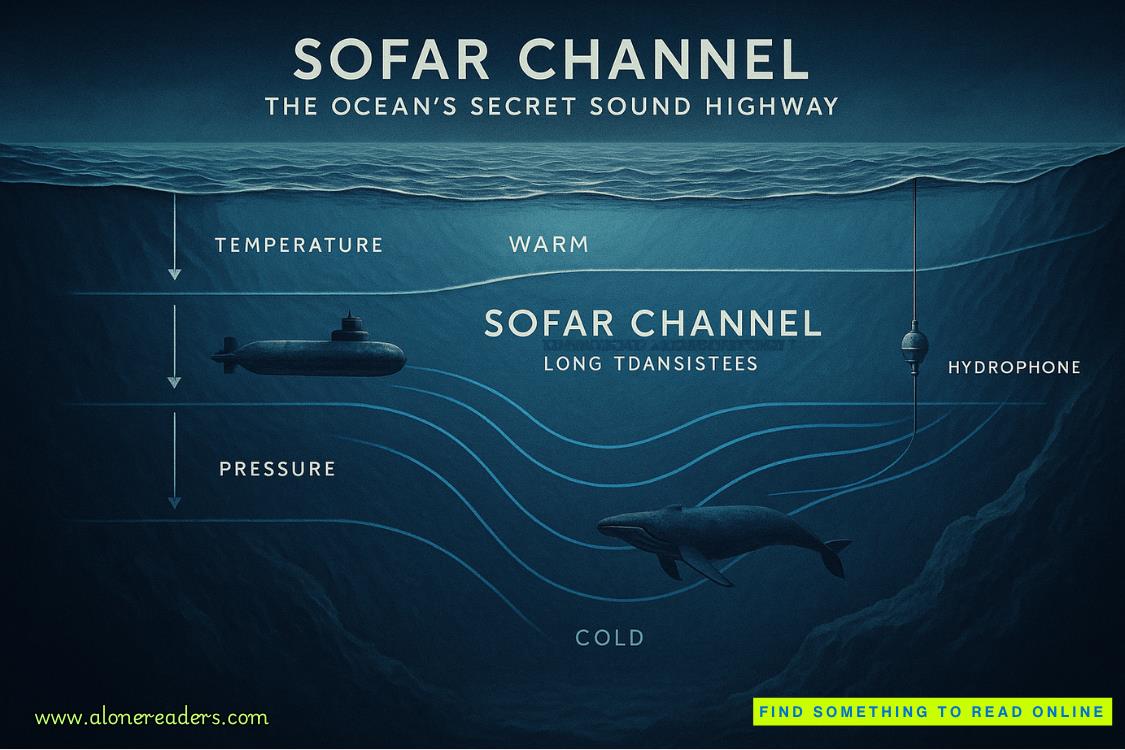Page 3 of The Atlas Maneuver
The streets of Basel were busy. Not surprising given this city of two hundred thousand had been a commercial hub and cultural center since the Renaissance. Six hundred years ago it was one of Europe’s great cities. Location helped. Strategically placed where Switzerland, France, and Germany converged, downtown was divided by the Rhine River into two distinct sections. One from the past, the other rooted in today. Its old town filled two hills that rose against the river’s southern bank. A place full of ivy-clad, half-timber houses reminiscent of a long-ago medieval town, the cobbled paths a mix of pedestrian-only and light-traffic streets.
He stood, bathed in sunshine, beside one of the more congested traffic routes and enjoyed a bag of roasted chestnuts purchased from a nearby vendor. His target was inside a small boutique, on the other side of the street, about two hundred feet away, where she’d been for the past thirty minutes. Windows of fashionable stores drew a continuous stream of patrons. Lots of cafés, shops, jewelers, designer clothing, and, his personal favorite, antique-book stores.Plenty of them too. Each reminiscent of his own bookshop back in Copenhagen. He’d owned it now for several years, the store modest in size, tastefully appointed, and well stocked. He catered not only to bibliophiles, but also to the countless tourists who visited Copenhagen. He’d netted a profit every year, though he spent more time away from the shop than he liked. He was also the current secretary of the Danish Antiquarian Booksellers Association, a first for him as he was not much of a joiner.
But what the hell?
He loved books. They loved books.
People moved steadily in every direction, his brain attentive to the slightest detail that had signaled trouble in his former profession. No one stared or lingered too long. Nothing at all out of sync, except for one car. A dark-colored Saab. Parked thirty yards away among other vehicles nestled to the curb. All of the others were empty. But not the Saab. It contained two people, whose forms he could make out through the lightly tinted windshield. The driver and another in the back seat. None of which, in and of itself, should spark any suspicion in most people.
But he wasn’t most people.
He was a trained intelligence officer who’d worked a dozen years for the Magellan Billet, a covert investigative unit of the United States Justice Department. He’d been one of the first people recruited by his old friend Stephanie Nelle, who both created and continued to run the unit. She’d recently found some trouble with the new American president, Warner Fox, but all that had been resolved and now she was back in command. And though he’d been retired from the Billet for a while now, he continued to work freelance for Stephanie whenever she managed to entice him away from his bookshop. He liked that he was still needed, so he rarely refused her. Sure, there’d come a day when she would ask less frequently and he would become only a bookseller. But thankfully, for now, he still had his uses, though he wasn’t here for Stephanie. This favor was for another friend whom he’d encountered a few months back in Germany.
Derrick Koger.
Recently promoted European station chief for the Central Intelligence Agency. Who’d piqued his curiosity with an amazing tale of lost treasure.
Billions in plundered gold.
General Tomoyuki Yamashita, who’d commanded the final defense of the Philippine Islands, along with supervising the secretion of that loot, surrendered to the Allies in September 1945, then was quickly tried and convicted of war crimes in December 1945. Two months later Yamashita was hanged.
Why so fast?
Simple.
The Office of Strategic Services, precursor to the CIA, had learned about 175 buried vaults. Yamashita flatly refused to cooperate with locating them and the last thing the Americans wanted was him still alive, able to tell the world about the gold.
So they hung him.
Once that loose end had been eliminated, and the island of Luzon militarily secured, the OSS moved in and managed to retrieve several of the larger caches, tons of unaccounted-for precious metals, all shipped off to repositories in forty-two countries across the world. All done with the full knowledge and blessing of both General Douglas MacArthur and President Harry Truman.
Why was it taken?
Three reasons.
First, if the recovery of such a huge mass of stolen gold had become known, thousands of people would have come forward to claim it, many of them fraudulently, and governments would have been bogged down for decades resolving ownership.
Second, the sheer volume of the gold, if dumped back on the open market, would have devalued the price. At the time most countries linked their currencies to the U.S. dollar, and the dollar was tied to gold, so an unexpected plummet in value would have caused a worldwide financial disaster.
And finally, once Hitler and Japan had been defeated, the greatestthreat to world security now came from the Soviet Union. Communism had to be stopped. At all costs. And hundreds of millions of dollars in secret wealth could certainly be channeled into that purpose.
So, slowly, over time, the retrieved gold and silver were consolidated to one location under the control of what came to be known as the Black Eagle Trust. Where was it centralized? The Bank of St. George in Luxembourg. And there that wealth had sat since 1949, safe behind a wall of secrecy that had only, according to Koger, fallen in the past few months.
Fascinating stuff.
The car with the two occupants cranked to life.
Cotton’s attention shifted from the vehicle to the boutique.
His target had appeared, stepping from the front doorway and turning onto the busy sidewalk. Had the car cranking been just coincidence?
Doubtful.
He’d only seen one photo of Kelly Austin, who was employed by the Bank of St. George. Her job? He had no idea. All he’d been told was to look after her and intervene only if absolutely required. Koger had been emphatic on that last detail. Which was why he’d positioned himself across the street, among people walking here and there, oblivious to anything around them outside of their own concerns.
Kelly Austin walked away from the Saab, which swung from its parking place and crept forward in the street. No cars were behind it, but one was ahead. The one in front accelerated and headed off past Cotton. The Saab, though, never changed speed.
No question. This was a threat.















